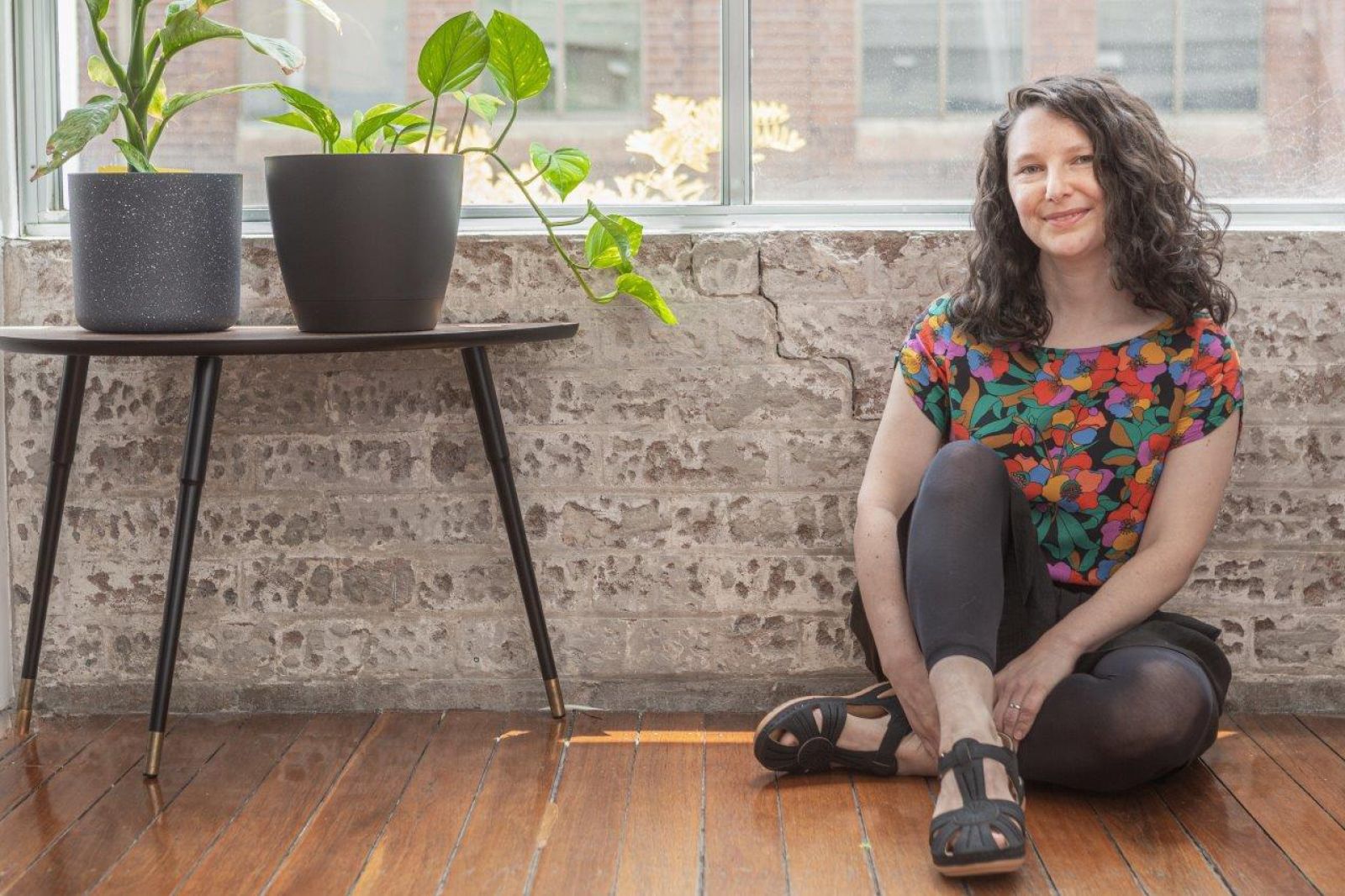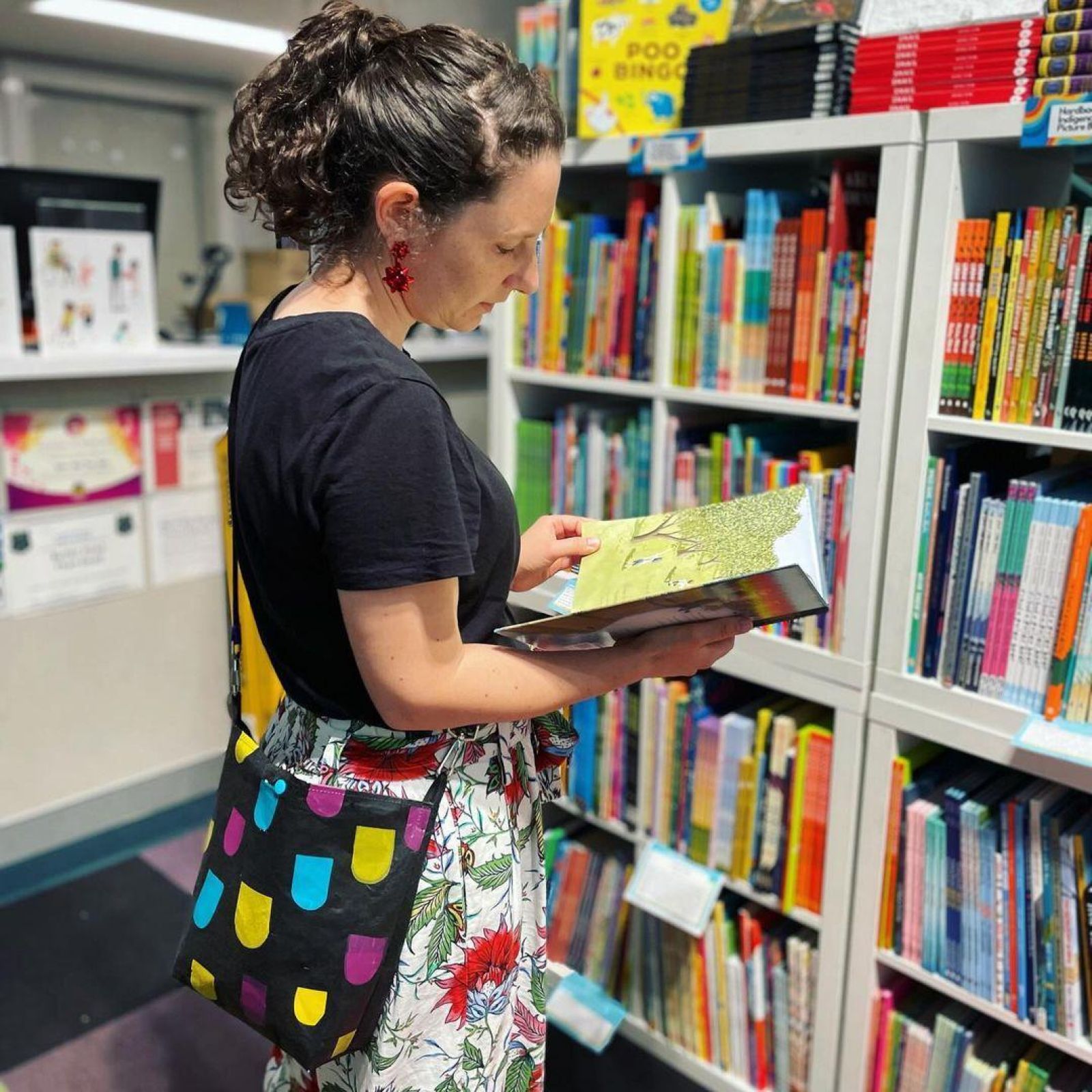This is my fourth World Autism Understanding Day knowing I am Autistic, and as it turns out, getting a late diagnosis did not come with a rule book. In fact, this time can be a bit of a minefield, as I navigate finding my place in a new community, while trying to educate another. And promoting autism acceptance, without self-acceptance, is a tough gig.
While I can’t speak for other Autistics (when you’ve met one Autistic person, you’ve met one Autistic person, as the saying goes), I daresay there are plenty out there who feel this way. And while a diagnosis of autism can come with a sense of relief from finally understanding why we’re different, it can also come with a nasty, unexpected side effect known as imposter syndrome.
The concept that I could be ‘on the spectrum’ had crossed my mind at least a decade before I was diagnosed. But at the time, my knowledge of autism was surface level, impairment based and stereotypical, and it didn’t match what I saw in myself. Regardless, my occasional light-hearted comments of, ‘I’m probably on the spectrum,’ indicated my sense of connection with neurodivergence despite my limited understanding. It was almost as if I was testing the waters under the disguise of self-deprecation. And when nobody (not even my psychologist) responded with, ‘Hey, I think you might be right,’ I just let it go.
But in my mid-thirties, when it finally clicked that autism was the binding that tied my life pages together, I couldn’t ignore the idea any longer. I’d had a decade of diagnoses, of poor mental health, of feeling like I was failing at life, and I knew this was the answer. Yet, despite having read every blog, posted on every forum and taken every online test countless times I still couldn’t truly let myself believe. I kept reading self-diagnosis was valid, but I knew I didn’t have that level of confidence. So, I took the plunge and booked an assessment, assuming it would be the confirmation I sou
Turned out, I am Autistic. I got the special letter to prove it, from a person with excess letters after their name. There it was. Permission to accept myself, written in black and white (or black on white, which is how the saying really should go). And yet, it wasn’t black and white. Because even though I’d got the ‘yes’ I was looking for, the doubt lingered. What if they got it wrong? What if I got it wrong? What if I was pretending?
This imposter syndrome was turning out to be a massive hindrance to my self-acceptance. But why couldn’t I shake it? Well, probably because I’m Autistic! Firstly, if I can’t see it, it’s not real. I mean, logically I know this isn’t correct. But lack of definitive, objective proof of something really makes it hard for me to accept. This creates a bit of a problem when we’re talking about autism (which, contrary to popular belief, is invisible).
Secondly, rejection hurts (especially when you’ve had a lifetime of it). And when you’re seeking validation, everything that’s not that, must be rejection (black and white, right?). So, when I hear, ‘Everyone’s a little bit Autistic,’ and, ‘You must be very high functioning,’ what I’m really hearing is, ‘You’re not Autistic enough,’ and ‘You’re wrong.’ That’s rejection. It’s invalidating. And it sends my imposter syndrome sky high.
Thirdly, I’ve had a lifetime of getting by. Of ‘masking’ my traits or having them put down to being weird or being anxious. And I’ve done a pretty good job of it (the masking, that is, but probably also the weird and anxious parts). I’ve done such a good job, in fact, that I’ve convinced myself, too. I’ve managed to ignore the pre-planning of conversations, the intense need for routine, and the self-talk that keeps me accountable to social expectations. I’ve even managed to ignore the 43-word Ghostbusters-themed insult I created 25 years ago as the ultimate weapon again school bullies, which I can still recite in one big breath.
And so, while the world is working on accepting and understanding autism this month, I’m taking that one step closer to home, to work on accepting myself, too.
About the author:
Jess Horn is an Autistic children’s author with her debut picture book, 'Bernie Thinks in Boxes' hitting stores in August. You can follow Jess on Instagram: @jesshornauthor.
https://www.jesshornauthor.com...





